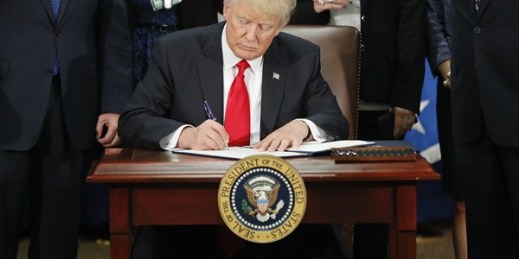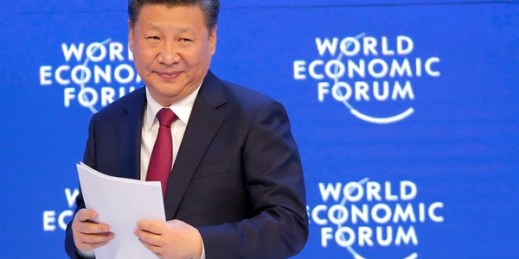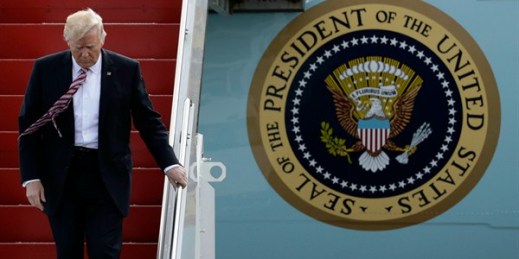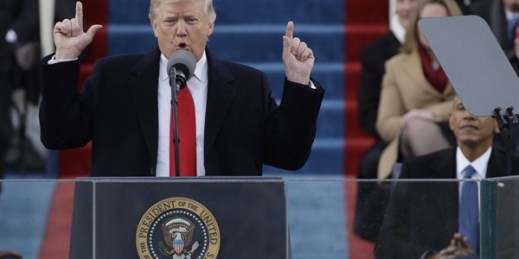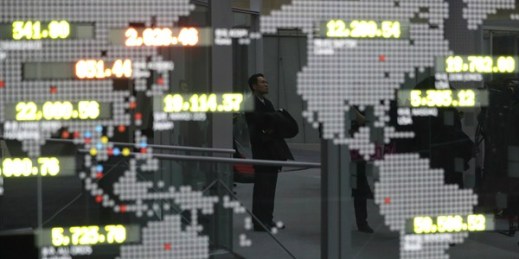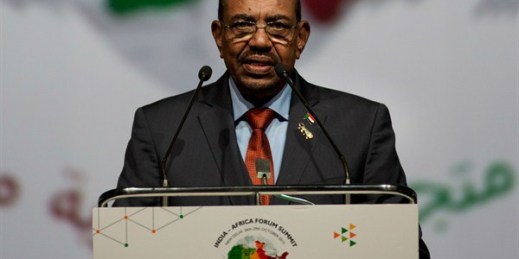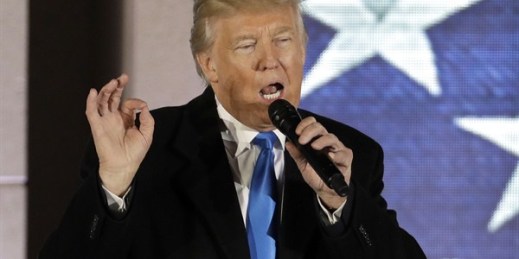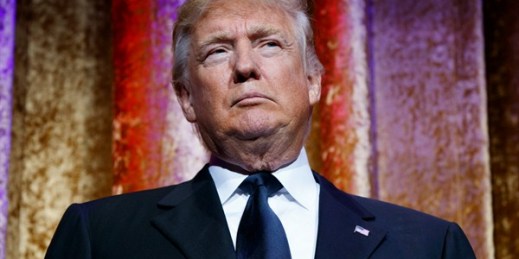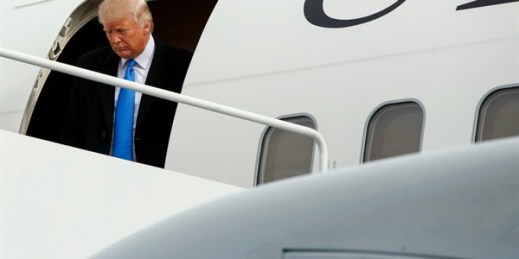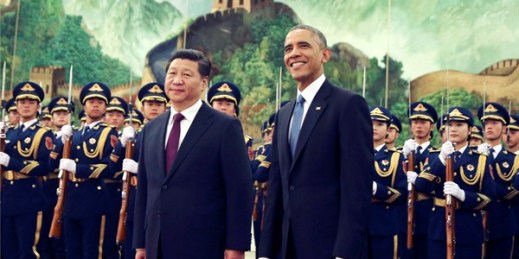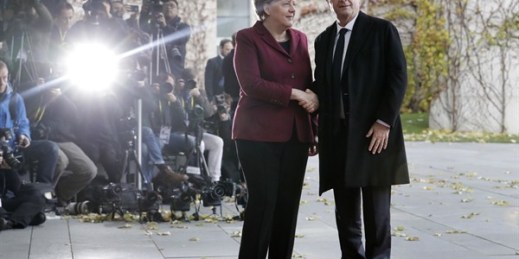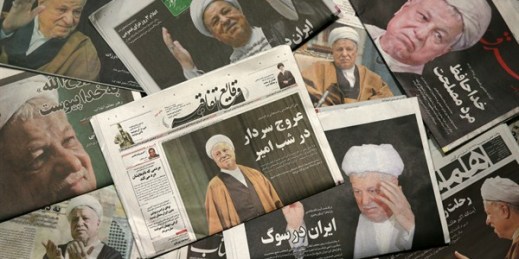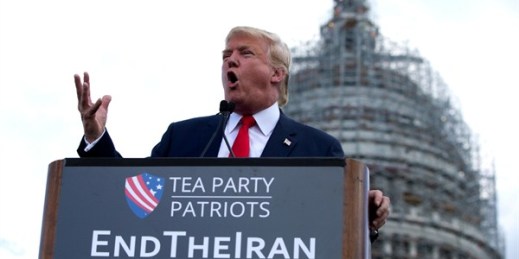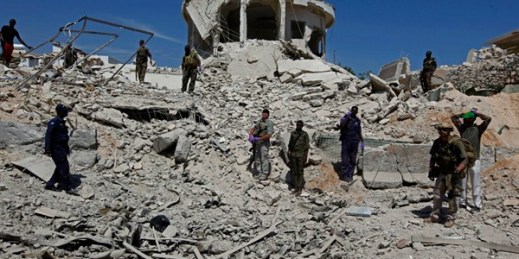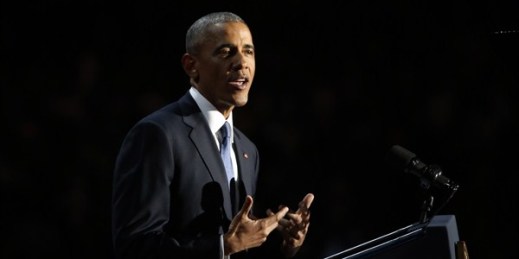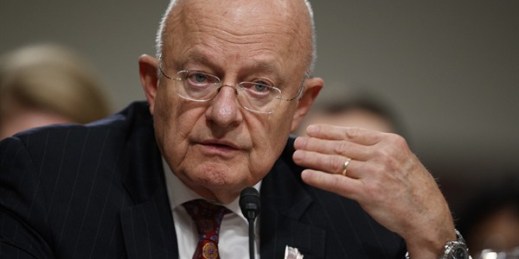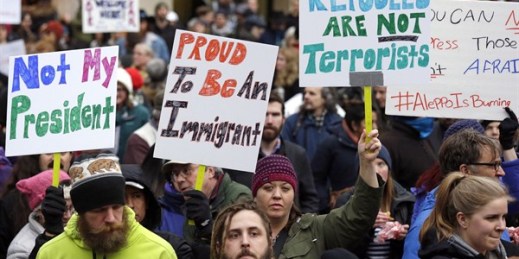
President Donald Trump’s rushed move to block entry to the U.S. for refugees and travelers from selected Muslim-majority states is sure to exacerbate the perception of a “clash of civilizations” between the West and the Islamic world. It will likely lead to more radicalization, shrink America’s soft power, and weaken its brand as a rule-of-law country. The silver lining to this story is the showcase it has provided for the vitality of American civil society, which has mobilized to resist these harsh measures. Seeming to savor his role as disruptor in chief, Trump blithely undermined several essential features of U.S. […]

